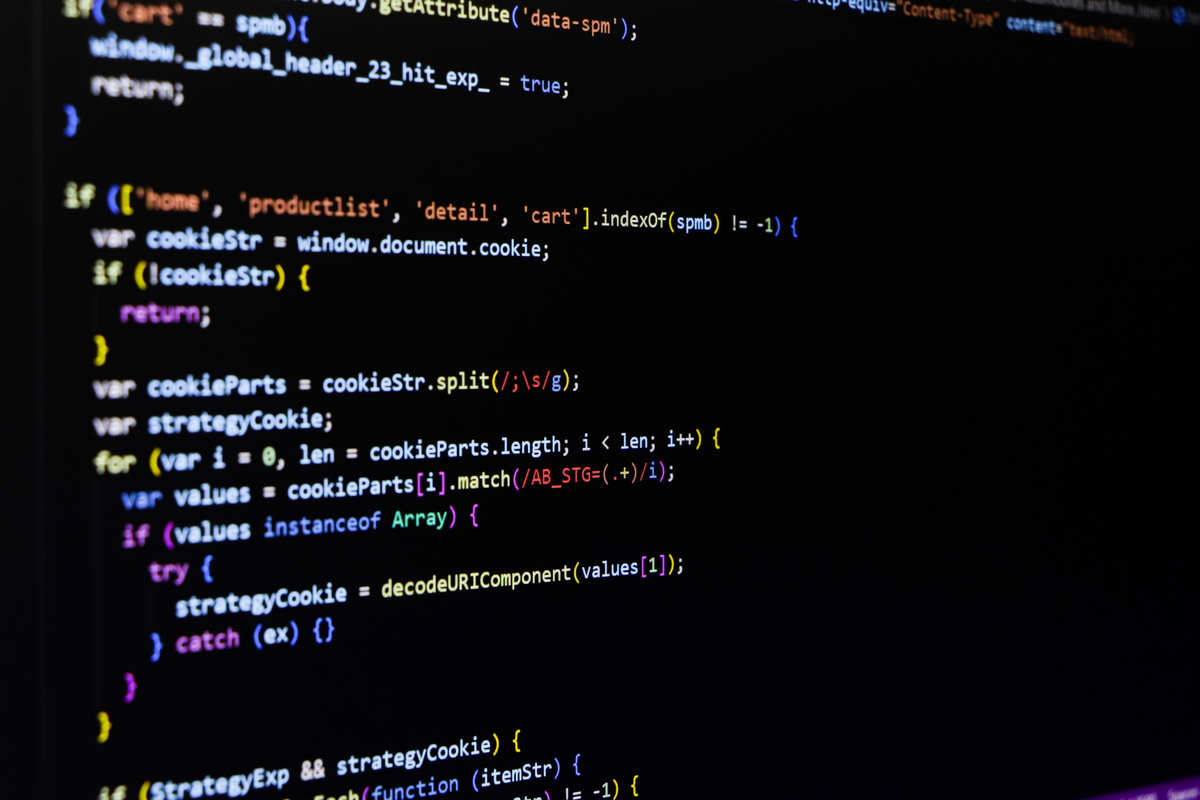Define term error Discuss different types of errors used in the experimental work
Error in the context of experimental work refers to the difference between the observed or measured value and the true or expected value. It is an unavoidable part of any experiment and can arise due to various factors. The different types of errors that can occur in experimental work are:
-
Random Error: Random errors are unpredictable and occur due to chance or variation in the measurement process. It can arise due to factors such as instrument limitations, human error, or environmental factors. For example, if a person measures the weight of an object multiple times, the readings may vary slightly due to factors such as air currents or slight differences in placement on the scale.
-
Systematic Error: Systematic errors are consistent and arise due to a flaw in the experimental setup or measurement process. It can occur due to factors such as faulty equipment, incorrect calibration, or bias in the measurement process. For example, if a weighing scale is not calibrated properly, it may consistently give readings that are higher or lower than the true value.
-
Instrument Error: Instrument errors are a type of systematic error that arises due to the limitations of the measuring instrument. It can occur due to factors such as inaccuracies in the instrument's design or manufacturing process. For example, if a thermometer is not designed to measure temperatures below a certain range, it may give inaccurate readings for temperatures below that range.
-
Human Error: Human errors are a type of random error that arises due to mistakes made by the experimenter. It can occur due to factors such as misreading the measuring instrument, incorrect calculations, or misinterpretation of data. For example, if an experimenter misreads the scale on a measuring instrument, it may lead to inaccurate measurements.
-
Environmental Error: Environmental errors are a type of random error that arises due to factors in the environment that affect the measurement process. It can occur due to factors such as temperature fluctuations, humidity, or vibration. For example, if an experiment requires precise measurements and is conducted in a noisy environment, it may lead to inaccurate measurements due to the vibrations in the surrounding area.
In summary, errors are an inevitable part of experimental work, and it is important to acknowledge and quantify them to ensure the accuracy and reliability of the experimental results

原文地址: https://www.cveoy.top/t/topic/hklU 著作权归作者所有。请勿转载和采集!